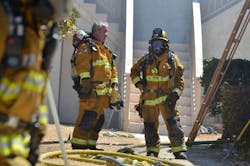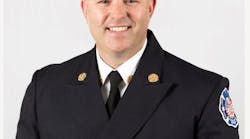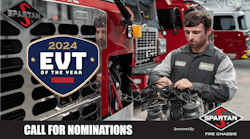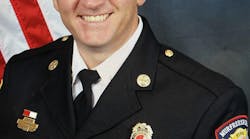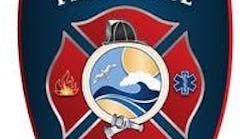It only takes a few years in the fire service to recognize the wide variety of leadership techniques that are used by supervisors. Some are learned in management classes, and some are passed down through the experience of working for those who came before us. Many of these techniques are effective, but as with any tool, they need to be used at the right time and in the right situation. Being competent at the fundamentals of leadership is critical to being an effective and successful supervisor in the fire service.
Fixing cars
As a teenager, I loved to work on cars. I thought the coolest thing would be to own one of those giant Snap-on toolboxes filled with every shiny tool imaginable. However, working at a fast food restaurant did not quite provide for that champagne appetite. My father, a fire captain himself, had a very enlightening discussion with me one day. He said, “Son, you can have all the tools in the world and still not be able to fix things. What’s more important is to have the basic tools and know when and how to use them.”
My dad grew up on a farm in North Dakota in the 1930s and 1940s. They did not have a lot of money and had to fix things with what they had. In our house growing up in Southern California, my father tended to be the same way when working on cars or the house.
One day he was teaching me how to rebuild the generator on my ’63 Ford Falcon. When it came time to re-assemble it, I had difficulty with one of the bolts starting to cross-thread. Being young and dumb, I went to that bottom drawer of the tool box to get a larger wrench so that I could really crank on that bolt and force it in. Fortunately, dad was watching and stopped me from permanently damaging the bolt as well as the generator. He showed me that I could back the bolt out, carefully re-thread it in, and use the smaller wrench to tighten it down. He taught me that by carefully using the right tool, I was able to get the job done while preserving the ability to rebuild it in the future if necessary—a concept that can certainly be related to the use of leadership techniques to influence others in the fire service.
Fixing people
There are different kinds of power that supervisors in the fire service can use to impact the performance of their employees. They range from the forceful powers of coercion by threat of punishment to the ability to dole out rewards for behavior that is in line with the supervisor’s expectations. They also include more subtle forms of power such as referent, to like or identify with the leader, or expert, where subordinates appreciate the competence of their supervisor.
The key is for the supervisor to recognize these “tools” and know when to use each option. If a supervisor is constantly going straight to the coercive or “because I told you so” approach, it will not develop self-motivated, happy and productive employees. It is a big “wrench” and may be necessary on occasion with certain “nuts” that need occasional tightening. But developing relationships and mutual respect with those whom you supervise, as well as ensuring your own competence and abilities, will encourage referent and expert power to impact the employee’s decisions and behaviors. These types of influence are always preferred and should be used if at all possible. They are the smaller “wrench” that will guide the employee down the proper course without damaging the potential of future self-motivated productivity from that employee.
Now I am not advocating weaker management, lack of discipline or that supervisors shouldn’t use the big “wrench” when it is necessary. There will always be those circumstances when it is appropriate to go to that drawer of the toolbox, but a talented and competent leader will use the least forceful tool whenever possible.
“Command respect, don’t demand respect” is a guide to use as a supervisor. Lead by example and with integrity. Be proficient in your own duties, and your employees will recognize it, respect it and want to perform as well. If a supervisor avoids going to that bottom drawer of the toolbox unless absolutely necessary, they will increase their chances of being able to keep that machine performing well into the future.
